The Context Window
Podcast: Play in new window | Download (Duration: 1:27:26 — 166.8MB) | Embed
Subscribe: Apple Podcasts | Spotify | Amazon Music | Youtube Music | More
Hosts

Corey J. Mahler

All men have limitations — be they physical, intellectual, or something else. One such limitation is a thing we call, in the technology fields, a “context window”. In essence, a context window is the amount of relevant information that a man can hold in his mind at a given moment. In a conversation, it is the history of the conversation (along with any previous history from prior conversations, et cetera); in a relationship, it is the entire history of that relationship. In all cases, only to the extent such information can be held in the mind.
Some questions call for a small context window (e.g., a bar fight may require only ten or twenty minutes of context to understand) and some questions call for a significantly larger context window (e.g., the current state of the Western Church is a matter of millennia). Not all men are equally suited to handle all matters — a man can be competent or incompetent with regard to a particular question or a particular discussion. In this preliminary episode leading into our upcoming series on the Septuagint (LXX), we discuss the concept of a context window and how it plays into the LXX specifically and many issues in our daily lives generally.
Show Notes
See Also
Further Reading
- What Is a Context Window? [YouTube]
Parental Warnings
None.
Support the Podcast
Comments?
Join the discussion on Telegram, visit the feedback form or comment below.
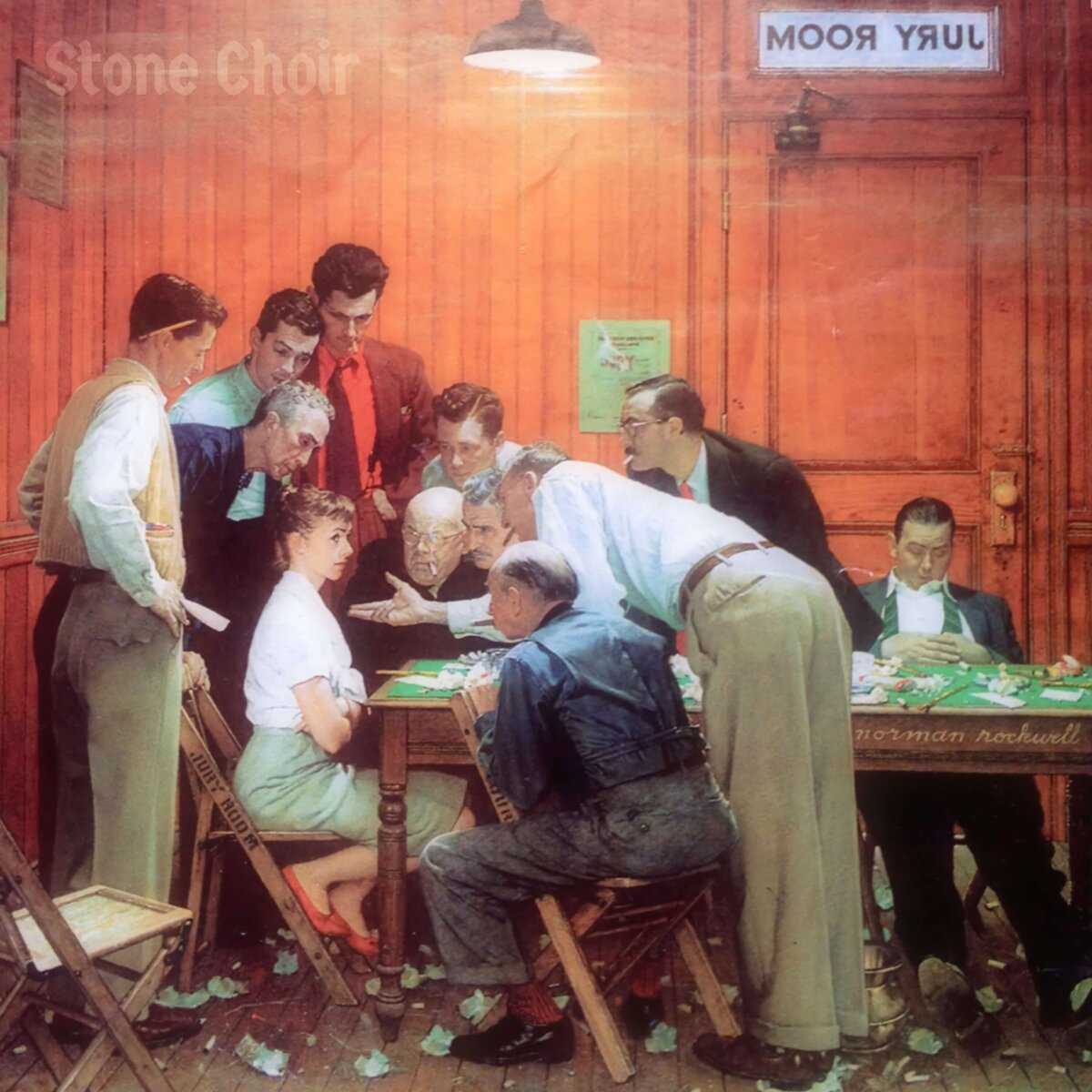
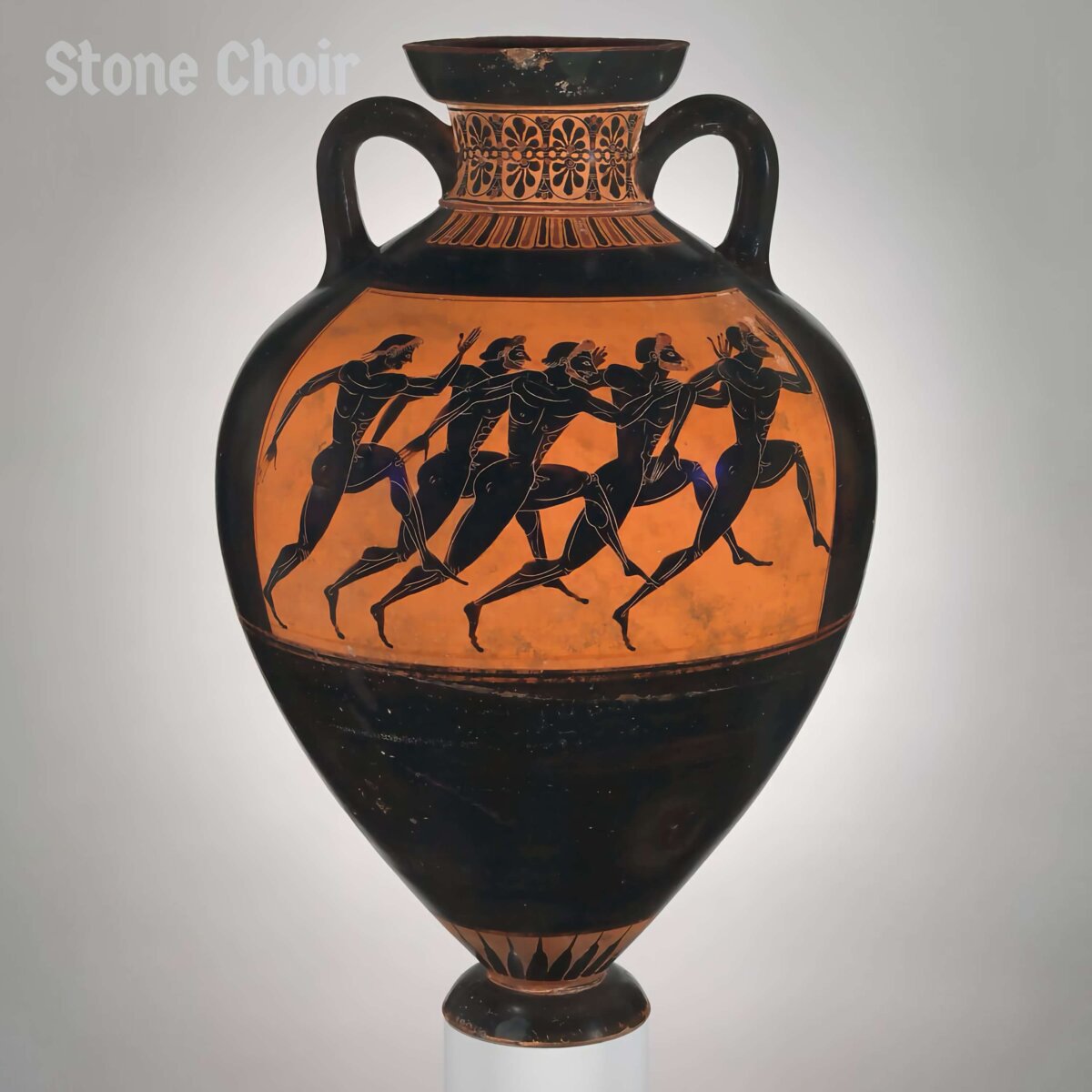


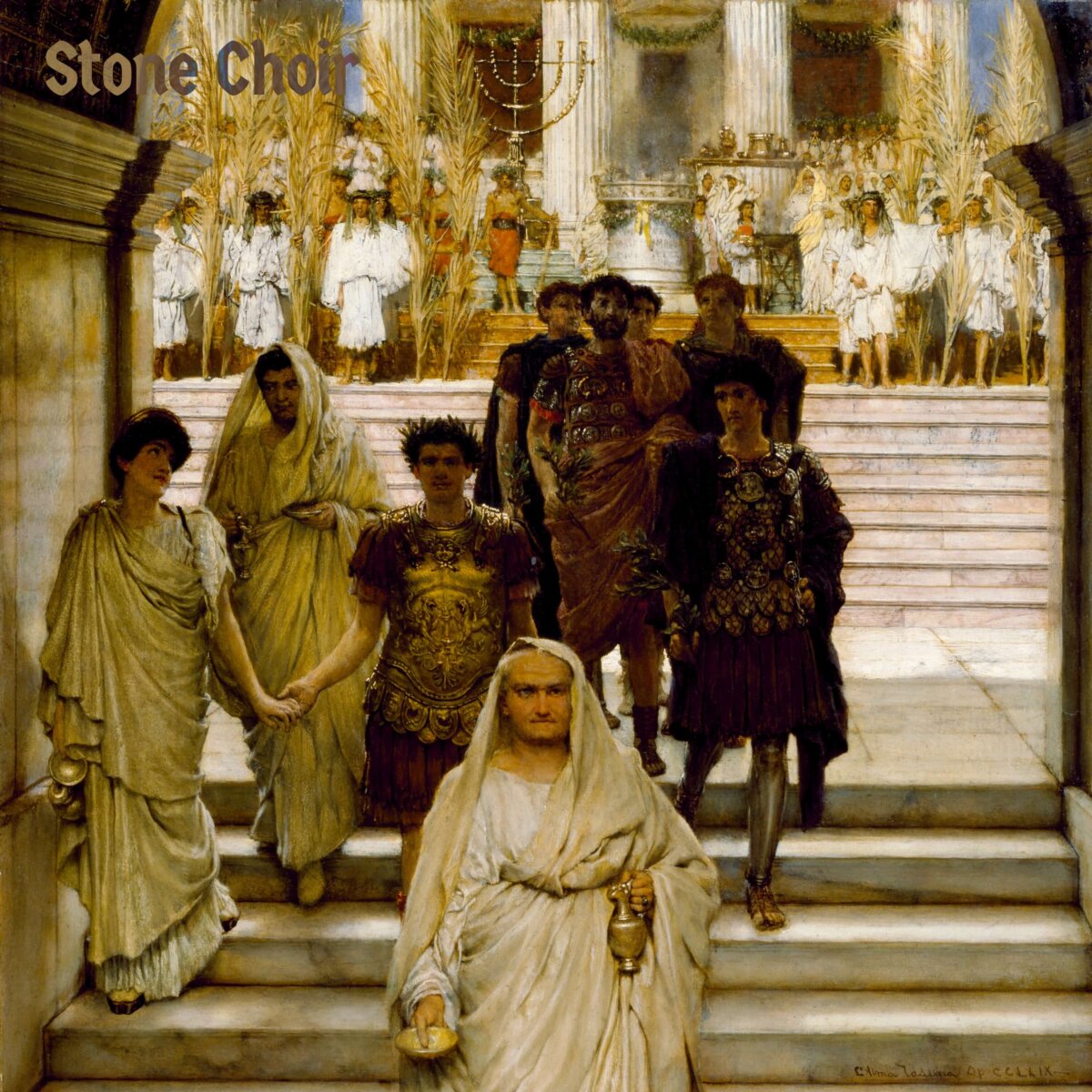


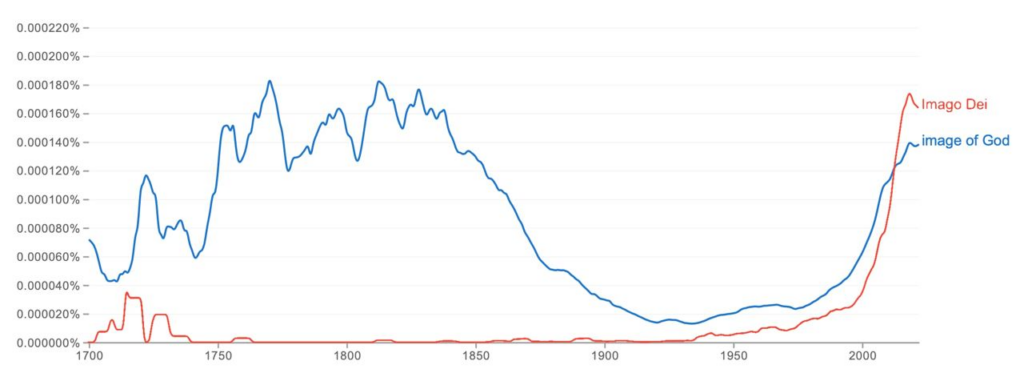
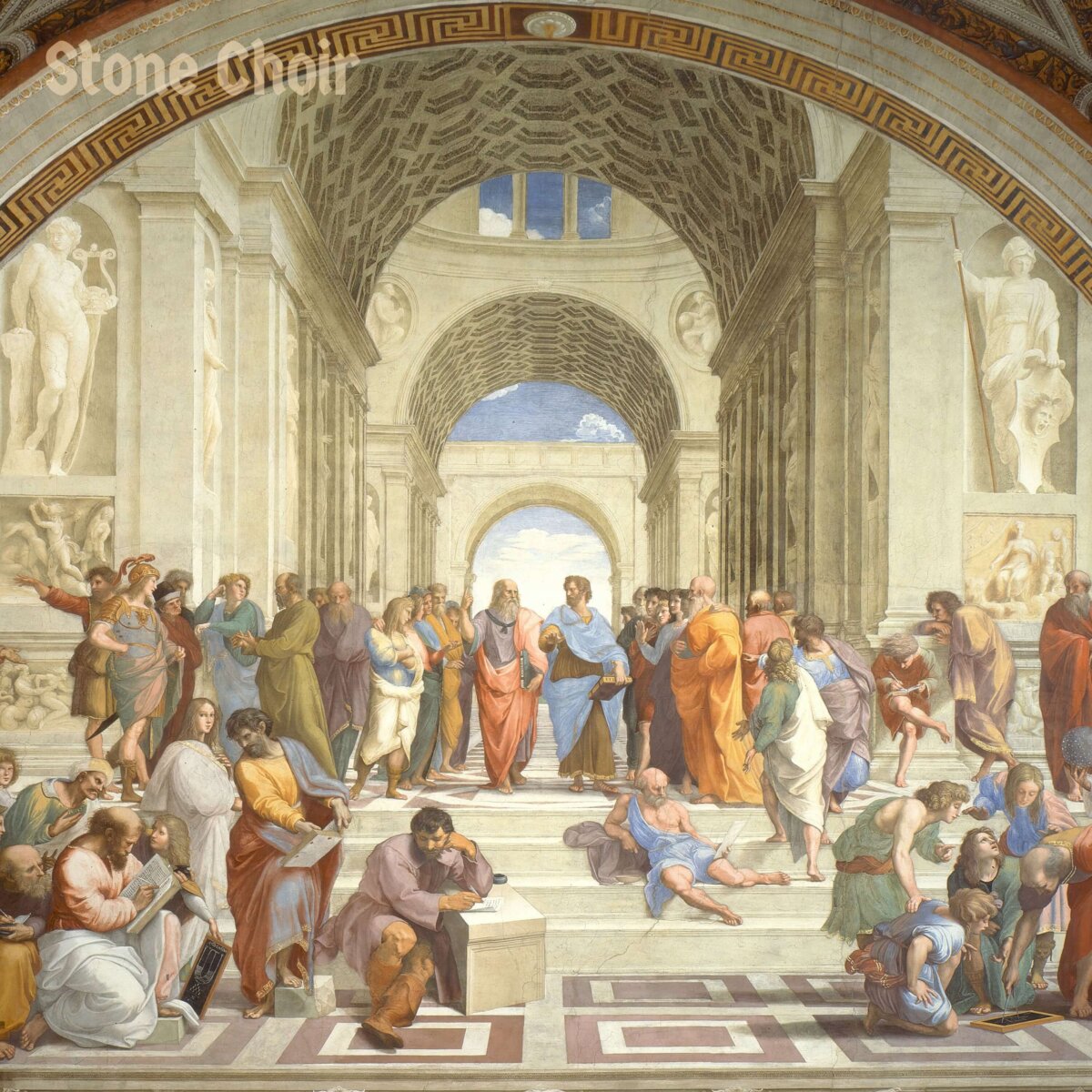




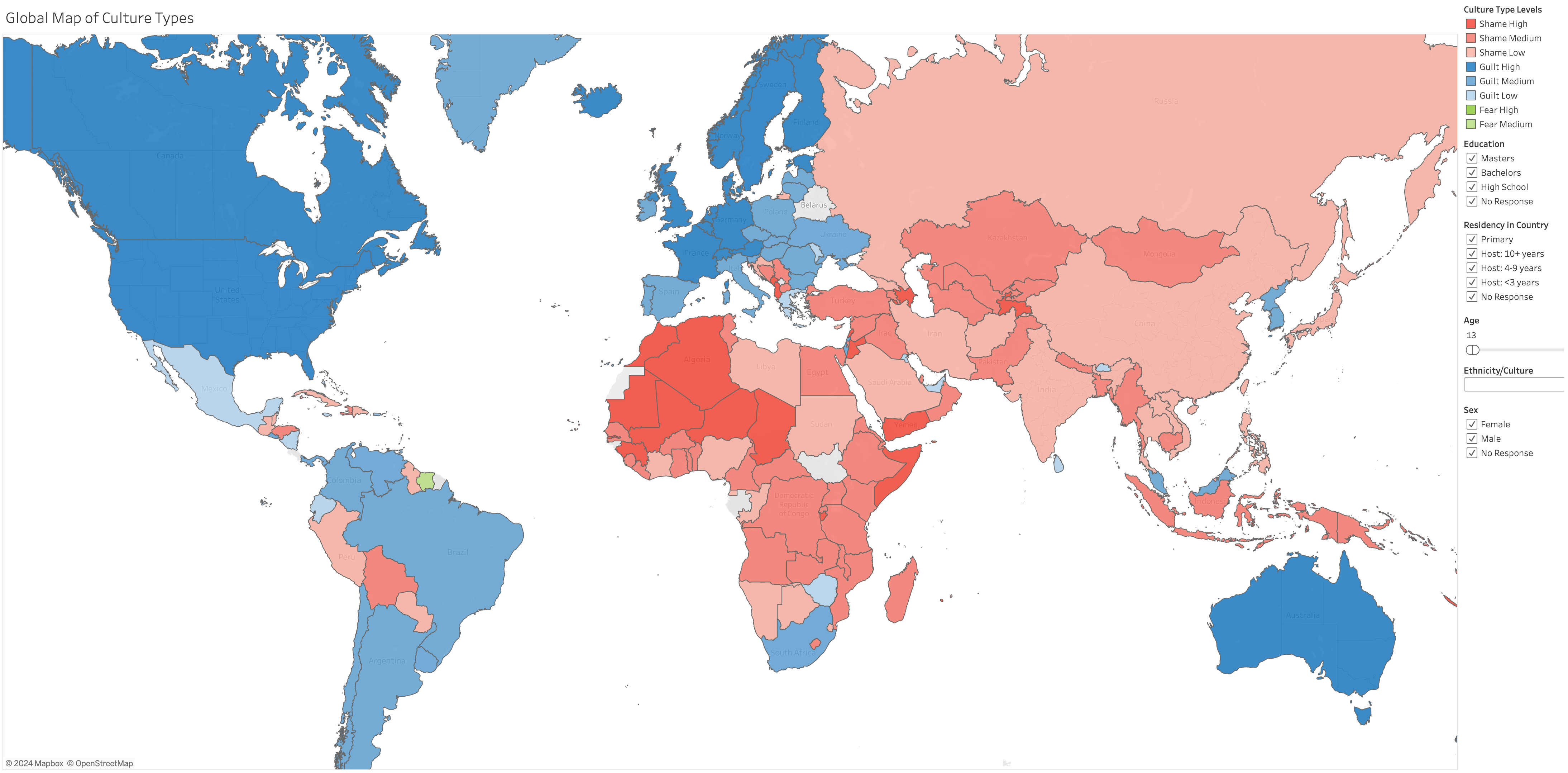 [You should still click the link for a better version.]
[You should still click the link for a better version.]